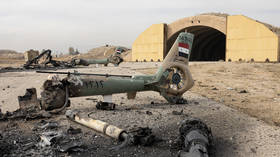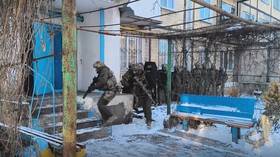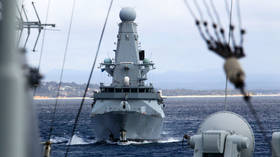Sochi wins from massive roads boost
Poor roads and a lack of infrastructure have long been a headache for Russia. Now Prime Minister Vladimir Putin says if Russia continues to lag behind, the economy will simply stop growing.
The new federal transport programme will need $US 550 billion over the next seven years, between the years 2010 and 2015, the biggest ever investment in this sector.
$US 200 billion will come from the state budget, and one third from business.
“Foreign investors like their Russian counterparts will compete to build these projects. Vinchi of France, Portugal’s biggest road-building company, and Italian firms will participate. Turkish, Dutch and Italian companies will take part in the construction of the port infrastructure in Sochi,” states Russia’s Transport Minister Igor Levitin.
VneshEconomBank, together with Sberbank, is actively targeting transport investments.
“I would like to mention projects within such industries as energy supply, road and bridges construction namely in Siberia, Far East and other parts of our country, in pulp and paper industry, wood processing,” specifies the head of Vnesheconombank Vladimir Dmiriyev.
The south of Russia will get the bulk of the increased funding. In the run-up to the Olympics due to be held in Sochi in 2014, there is a special need for highways above all. Local officials say investor interest is growing.
“Last year we attracted about $US 25 billion, it is a very huge amount, investors are very interested in our region because of the Olympics of course, because of the Black and Azov Seas, and the transport corridors south and north,” adds Grigory Minaev, the head of transport and communication department of Kransnodar region.












